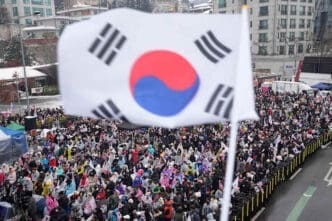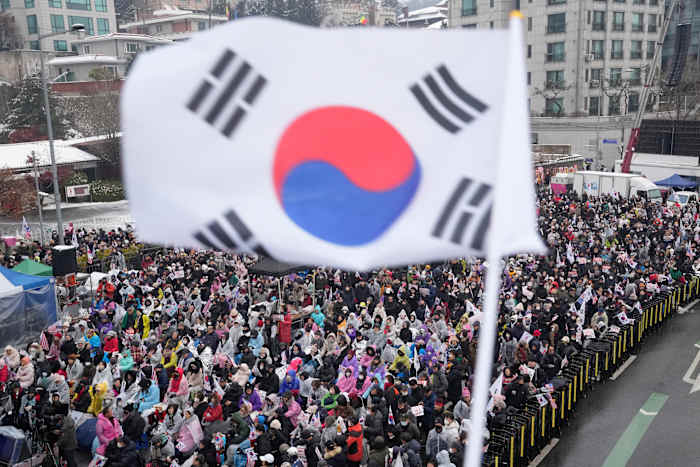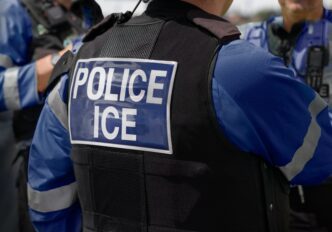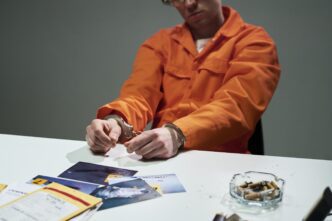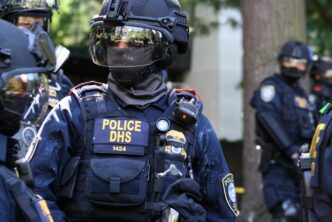In a surprising turn of events, South Korea finds itself embroiled in a high-stakes standoff at its presidential compound, sparking widespread attention. This confrontation involves supporters of the impeached President Yoon Suk Yeol as they rally against his impeachment.
South Korea’s political landscape, known for its volatility, is currently witnessing a dramatic siege outside the presidential residence. President Yoon Suk Yeol, who has been impeached, remains within the compound, steadfastly refusing to comply with detention and search warrants. This defiance led to recent scuffles as investigators were barred by the president’s security guards and barricades, underscoring the tense atmosphere.
The current standoff is a reaction to President Yoon’s unprecedented decision to declare martial law during a political deadlock with the opposition. This move was perceived as a drastic response to an ostensibly routine impasse with a parliamentary majority that opposes him. The declaration was brief, lasting only a few hours, yet it created significant political upheaval.
Observers note that this incident has not only affected the country’s political stability but also its economic and diplomatic spheres. Meanwhile, a government anti-corruption agency has now sought police assistance to detain Yoon, following its own failed attempts. Legal representatives of Yoon have challenged these actions, deeming them illegal, and have initiated complaints against the anti-corruption agency leaders involved in the attempted detention.
Legal complexities amplify the situation, with Yoon’s powers suspended as the Constitutional Court deliberates his impeachment, weighing his return or permanent removal from office. The confrontation heightens as the police and anti-corruption agency assess further action, considering additional court warrants to extend detention efforts.
The situation reflects deeper societal divisions in South Korea, tracing back to the historical and geographical tensions that have shaped the nation. The Korea Peninsula’s strategic importance has long made it a focal point for international power struggles, intensifying internal divides over time. These deep-seated divisions manifest in the political fervor and frequent turmoil affecting South Korea’s leadership.
The current upheaval is reminiscent of events surrounding former President Park Geun-hye, who faced mass protests and was eventually ousted and imprisoned. Such historical precedents reveal the recurring nature of political volatility in South Korea. As tensions mount, the future remains uncertain, with potential for significant repercussions depending on the Constitutional Court’s impending decision.
The ongoing siege outside South Korea’s presidential compound is a significant moment in the nation’s history, highlighting the intense political and societal divides. As the Constitutional Court’s decision looms, its outcome will likely have far-reaching implications for South Korea’s political landscape.
Source: News4jax

